Study finds all-electric rideshare fleet could reduce carbon emissions, but increase traffic issues
Green Car Congress
JUNE 23, 2023
Major ridesourcing companies Uber and Lyft have promised all-electric fleets by 2030 in an effort to reduce their carbon footprint. Overall, electrification reduces net external costs to society by 3–11% (5–24¢ per trip), depending on the assumed social cost of carbon. —Mohan et al. Mohan et al.






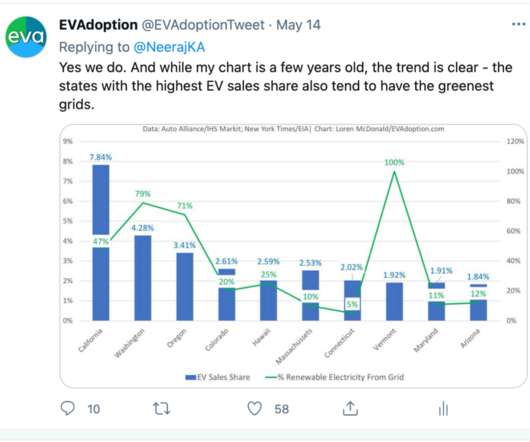
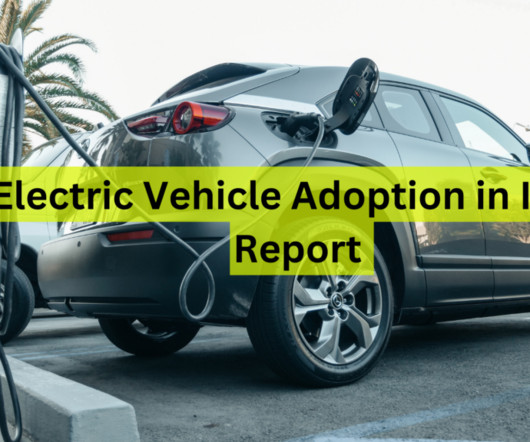




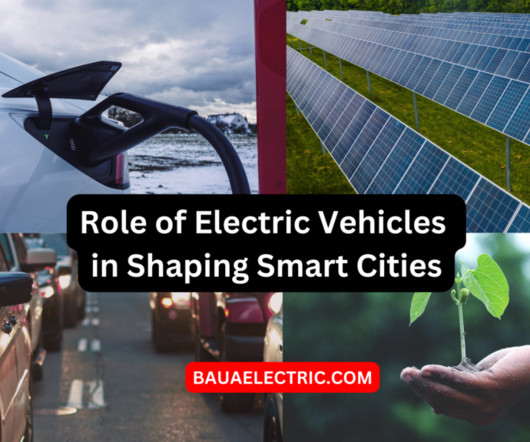


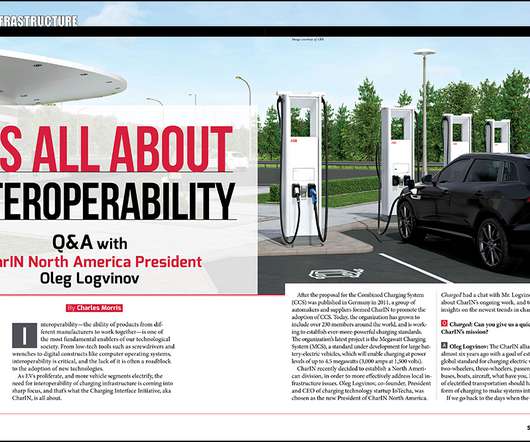
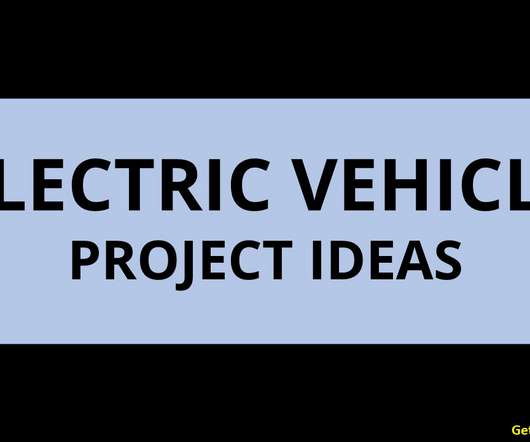








Let's personalize your content